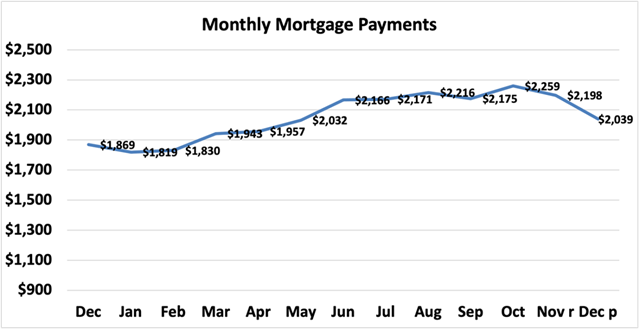For many first-time homebuyers or those with less-than-perfect credit, FHA loans have provided a path to homeownership. However, these loans come with mortgage insurance premiums (MIPs) that can be challenging to remove. Here’s what you need to know about eliminating FHA mortgage insurance and whether it’s a wise decision.
Understanding FHA Mortgage Insurance FHA mortgage insurance is a type of coverage that protects lenders in case borrowers default on their loans. It’s required for FHA loans and consists of an upfront premium paid at closing and annual premiums included in monthly mortgage payments. While FHA loans have helped many buyers qualify for mortgages, the associated MIPs can add significant costs.
Steps to Remove FHA Mortgage Insurance Removing FHA mortgage insurance can be done through two methods:
- Automatic Cancellation: Depending on your loan origination date and down payment amount, your MIP may be automatically canceled once certain conditions are met, such as reaching a specific loan-to-value ratio or making a down payment of at least 10%.
- Refinancing: If automatic cancellation isn’t an option, refinancing your FHA loan into another type of mortgage can eliminate MIP payments. This option requires meeting lender qualifications, such as credit score and equity requirements.
Considerations Before Removing FHA Mortgage Insurance Before deciding to remove FHA mortgage insurance, consider the following:
- Costs: Removing MIP through refinancing may involve additional expenses, such as closing costs and potentially private mortgage insurance (PMI) on a new loan.
- Savings: Lowering monthly mortgage payments by eliminating MIP can free up funds for savings, debt repayment, or home improvements.
- Long-term Implications: Understand how removing MIP will affect your overall loan terms and financial goals.
Frequently Asked Questions
- What’s the difference between MIP and PMI? Mortgage insurance premium (MIP) applies to FHA loans, while private mortgage insurance (PMI) is associated with conventional loans. Both serve the same purpose of protecting lenders against borrower default.
- Is mortgage insurance necessary? For conventional loans with less than a 20% down payment, PMI is typically required until a certain equity threshold is reached. FHA loans mandate MIP regardless of down payment amount.
- Can I reduce my mortgage insurance premium? Consider refinancing with an FHA streamline refinance if you’re unable to remove MIP through other means. This option may offer reduced MIP costs compared to your original mortgage.
In conclusion, removing FHA mortgage insurance can lead to lower payments and financial flexibility, but it’s essential to weigh the costs and benefits before proceeding. Consult with your lender to explore the best options for your situation.


